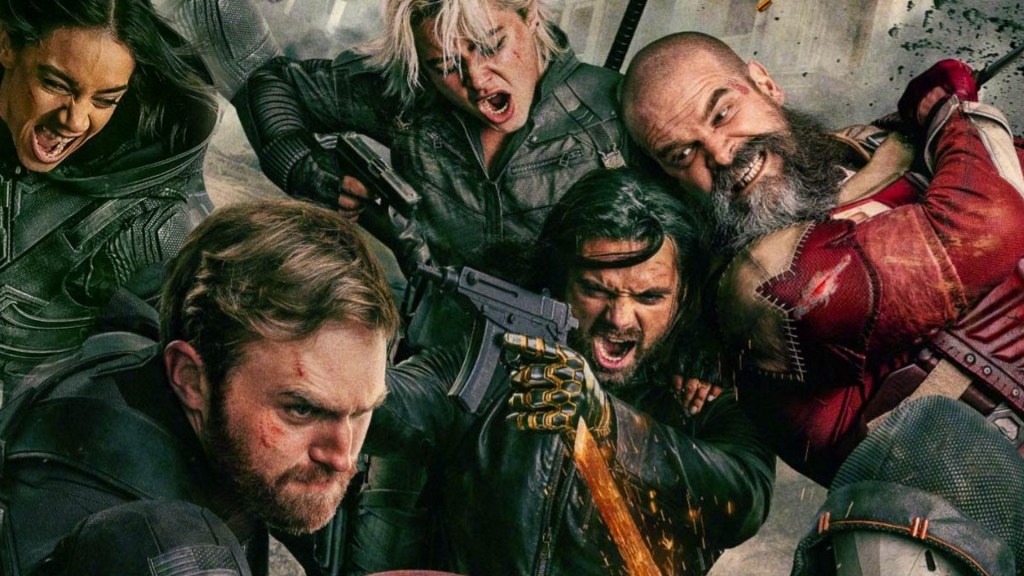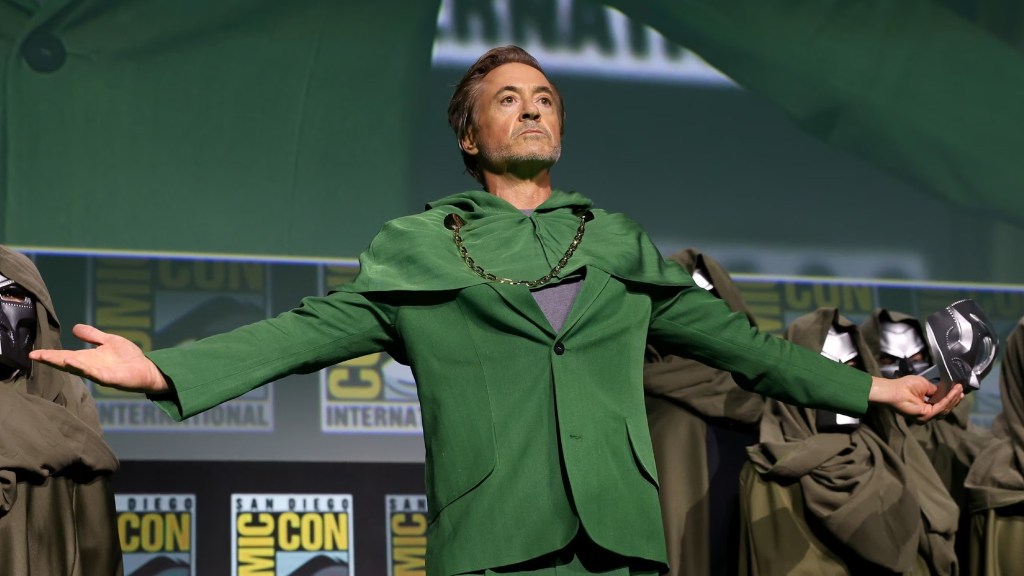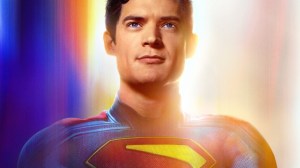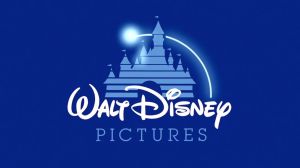After years of critical and commercial disappointments, Warner Bros. Discovery has finally committed to a clear vision for its most valuable intellectual property. The formation of DC Studios, led by co-CEOs James Gunn and Peter Safran, marked a pivotal moment for the brand, promising a unified and creatively coherent cinematic universe designed to rival the industry’s reigning champion, the Marvel Cinematic Universe. The first chapter of this ambitious new era, Gunn’s own Superman, has already been released to widespread critical acclaim, signaling a powerful new direction. Furthermore, in an unexpected but decisive victory, the film is also poised to become the biggest superhero movie of 2025, giving DC Studios a monumental win over Marvel for the first time in years and proving their new approach can deliver blockbuster results.
Videos by ComicBook.com
The question that hangs over Superman‘s initial triumph is whether it represents a momentary shift or the beginning of a genuine paradigm change. For over a decade, the MCU has been the undisputed king of the box office, an unstoppable cultural and financial juggernaut that seemed untouchable. However, with Superman outperforming Marvel’s entire 2025 slate, DC has drawn first blood in this new phase of the superhero box office war. This victory provides the new DCU with a stable foundation built on both quality and commercial appeal, something its predecessor, the DC Extended Universe, never truly achieved. Now, with a clear roadmap and a proven hit, the industry is watching to see if the DCU has what it takes to not just compete with the MCU, but to one day surpass it.
The MCU Has Been Struggling

To understand the magnitude of DC’s current opportunity, it is essential to first acknowledge the unprecedented success of the MCU. The Infinity Saga, spanning 23 films across three phases, was a masterclass in long-form storytelling and brand building, culminating in the world-conquering success of Avengers: Endgame. Phase 3 alone grossed over $11 billion worldwide, cementing the MCU as the most successful film franchise in history. By then, Marvel Studios seemed incapable of missing, turning obscure characters into household names, and consistently delivering billion-dollar blockbusters. That golden era, however, has definitively ended.
In the years following Endgame, the MCU has suffered from a noticeable decline in both quality and commercial performance. For starters, the once-lauded sense of interconnectivity that made every entry feel essential has given way to a scattered and unfocused narrative. As a result, Phase 4, while still financially successful with a gross of over $5.8 billion, was widely criticized for its lack of a clear overarching direction. This downward trend accelerated dramatically in Phase 5, which concluded as the lowest-grossing phase in the MCU’s history, earning a combined total of approximately $3.66 billion. This figure is shockingly lower than the $3.81 billion earned by the six films of Phase 1 over a decade ago, illustrating a significant regression in audience engagement.
This financial downturn is a direct reflection of a series of creative misfires. Films like Ant-Man and the Wasp: Quantumania (47% on Rotten Tomatoes) and The Marvels (54% on Rotten Tomatoes) were met with poor reviews and disappointing box office returns, with The Marvels becoming the MCU’s biggest commercial bomb. Even critically successful entries like Thunderbolts* failed to connect with audiences, earning just $382 million worldwide. Marvel Studios’ latest release, The Fantastic Four: First Steps, was once more unable to translate good reviews into box office profitability. This pattern of diminishing returns suggests a deeper problem beyond simple “superhero fatigue.” The studio’s post-Endgame strategy, characterized by oversaturation and a perceived drop in quality control, has eroded the fan trust that was once its greatest asset.
The MCU Is Bringing Out the Big Guns (But Is That Enough?)

In response to its recent struggles, Marvel Studios is course-correcting by narrowing its focus and betting big on its most reliable properties. The studio has scaled back its release schedule, with only three films currently slated for 2026 and 2027 combined, all of them heavy hitters. Spider-Man: Brand New Day builds upon the massive success of Tom Holland’s hero, whose last two films earned a combined $3 billion, by injecting a major crossover appeal. The confirmed appearances of Jon Bernthal’s Punisher and Mark Ruffalo’s Hulk promise a fresh street-level dynamic, helping connect Spider-Man to other MCU properties.
Beyond that, Avengers: Doomsday and Avengers: Secret Wars represent the studio’s ultimate financial safety net. The Avengers brand is one of the most dominant in Hollywood, and the return of Robert Downey Jr. will position these movies as unmissable saga-defining events for a global audience. Finally, Marvel Studios has unprecedented control of its most successful characters, as the X-Men and the Fantastic Four are soon joining the Scared Timeline to boost the MCU’s popularity. That, summed with the MCU’s soft-reboot after Avengers: Secret Wars, could give the studio the clean slate it so desperately needs.
This slate, however, cannot hide the troubling reality that Marvel has failed to fix its systemic production issues. The studio continues to value release dates over creative readiness, a problem illustrated by the development of Avengers: Doomsday. While the movie is deep into filming, the script has not been finished yet, and key actors don’t even know how many more scenes they must shoot before production wraps. This choice repeats the exact patchwork strategy that led to extensive reshoots on previous films such as Captain America: Brave New World.
Constant script rewrites during production inevitably lead to massive reshoots that cause budgets to spiral out of control. Unsurprisingly, when a film’s budget inflates from a planned $200 million to over $270 million, as it did for The Marvels, the path to profitability becomes incredibly narrow. The break-even point for these blockbusters can easily exceed $600 million worldwide, transforming what should be successful theatrical runs into financial disappointments. This costly method is the polar opposite of the writer-focused and financially varied approach being implemented by DC Studios, giving the DCU a clear advantage in the next couple of years.
The DCU’s Production Philosophy Is Its Biggest Strength

Under Gunn and Safran, DC Studios has established a writer-centric model, ensuring that every project is built upon a solid narrative foundation before heading into production. In other words, DC Studios only puts a movie in the calendar once the story is great, while Marvel Studios tries to figure out the story of movies that have already been scheduled for release. This commitment to script quality was evident in Superman, whose critical and commercial success was driven by strong character work and an emotionally resonant plot. In short, by prioritizing the creative vision from the outset, DC is fostering an environment that is more likely to produce high-quality films that connect with audiences on a deeper level.
Furthermore, the DCU is being built on a far more sustainable financial model. As Gunn underlined, not every film will be a world-ending epic with a quarter-billion-dollar budget. Instead, the studio is developing a varied slate of projects with a wide range of budgets, tailored to the scale and appeal of each character. For instance, the upcoming Clayface film is reportedly being produced as a smaller-scale horror story with a budget of around $40 million. A film like this does not need to gross a billion dollars to be a resounding success, and even a modest box office take of $200 million would make it wildly profitable, generating significant revenue that can then be used by DC Studios to fund larger tentpole events.
This tiered financial strategy lowers the immense pressure on each release and provides greater creative freedom. It allows DC to take risks on unconventional characters and genre-specific stories without betting the entire studio on their success. While the MCU is still operating on an outdated model where every film must be a global phenomenon, the DCU is building a healthier and more resilient ecosystem. In the end, that could lead the DCU to become more relevant in the long term. The MCU may win the next few box office rounds with its heavy hitters, but the DCU is playing a longer, smarter game.
Do you think the DCU’s new strategy is enough to eventually overtake the MCU? Join the discussion in the comments!










